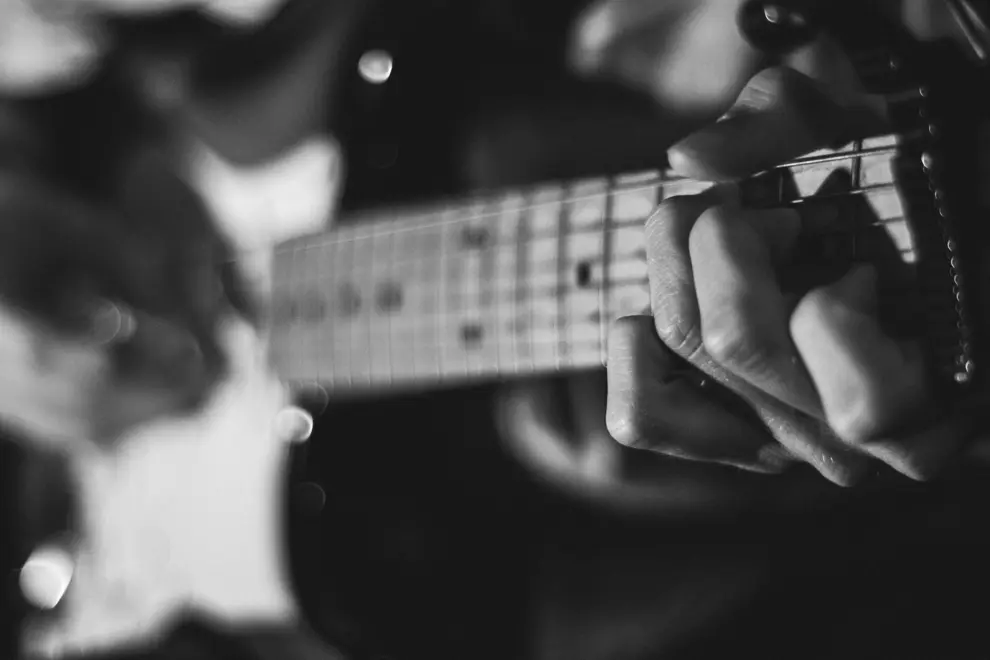With all the talk of the decline of music festivals and the closure of live music venues, there’s a definite sense of a music scene in crisis. There’s also a definite sense that if things are going this badly, then someone must be to blame.
There are the usual suspects: triple j, the government, record labels, etc., and if you live in NSW, it’s impossible not to level a huge portion of the blame at the unholy alliance of property developers, NSW Police, and Government regulation that is absolutely stifling the live scene.
Triple j probably cops a lot of flak unfairly; it’s one radio station operating from within the confines of an ABC that has been under siege for so long that it no longer seems to know how to take risks. But I think another aspect of the whole ‘Is live music in Australia dead?’ argument needs to be considered. We need to step back for a second and ask, “What do we mean by live music?”
I ask because, as much as we read headlines about venues and festivals collapsing, other scenes are doing just fine. Heavy music is thriving. Dance and EDM are off having fun without any worries about Splendour, Bluesfest or Spilt Milk. Bush Doofs are all the rage. So, when we talk about ‘live music’, what exactly are we talking about?
Don't miss a beat with our FREE daily newsletter
There’s an old myth about The Beatles that gets to what I’m asking. By the 1960s, jazz had stopped being the cool art form for young people. In the ‘50s, it was overtaken by rock ‘n’ roll. However, if you look back at the charts in the early ‘60s, you can see that popular music was a bit all over the place, and the energy of the ‘50s rockers had faded a bit.
Then, in 1962, The Beatles auditioned for Decca Records, and, famously, they were rejected. Here’s where the myth comes in.
Supposedly, Dick Rowe of Decca told The Beatles’ manager that he was rejecting them because “guitar groups are on the way out”. Now, Mr. Rowe probably never said that, and given what was to come, the myth is held up as one of the famously most foolish predictions of all time— along with Microsoft dismissing the iPhone and White Star calling the Titanic unsinkable. But, 60-odd years later, I wonder if the idea that “guitar groups are on the way out” might make more sense.
When I recently looked, only two “guitar groups” were in the ARIA Top 50 Singles Chart. Right toward the bottom, there were The Killers and Fleetwood Mac. The album charts were about the same. The first “guitar group” was Maroon 5 at 24, then Elton John and Creedence Clearwater Revival. Rolling Stone Magazine recently published a piece on the fascinating popularity of Creedence. The Atlantic had a great piece a couple of years back on how catalogue music is stifling new music— but I think there’s something else at play here, too.
It seems to me that “guitar music’, or more broadly “rock” based music, and I really mean that in its broadest sense, is going the way of jazz in the ‘50s and ‘60s. You can argue that genres like post-punk and metalcore are more popular than ever, but rock? It is no longer at the cutting edge of culture.
That doesn’t mean people aren’t making cutting-edge music, but it isn’t what’s driving pop culture forward. It’s become a legacy art form, which is why legacy acts still dominate. It’s also why some niche ‘scenes’ are surviving.
Some niche jazz scenes continued past the heyday of Charlie Parker, Duke Ellington, Louis Armstrong and Miles Davis. But they weren’t in the cultural mainstream. How many people on the street do you think know who The Ezra Collective are? This explains why the heavy scene does so well in Australia—it’s a niche scene with its own culture immune from pop trends.
If we’re truly worried about the future of live music in Australia, we need to do two things.
First, we need to fight bad government regulations, property developers and zoning rules that make operating a noisy live venue impossible. We also need to push back on the outrageous demands and costs that police impose on festivals and push for sensible policies like pill-testing, making festivals safer without relying on the heavy hand of the law. But it also means we have to consider that the future of live music isn’t with guitar bands; it’s going to be with different genres and different types of music, and that’s okay.
It also means the music industry needs to recognise these changes. The industry, especially in Australia, is notoriously slow to respond to change. If you don’t believe me, ask anyone who remembers the Napster era.
The mythology of the early ‘60s is that the industry thought rock was a passing fad and didn’t realise what was coming. What if this time around, instead of losing a generation of talent to lay-offs and venue closures, the industry got in front and started recognising the emergent trends?
A massive demographic shift like the one we’re undergoing now will inevitably have winners and losers. But if we at least admit something is changing, if the industry spots it earlier, then maybe we can minimise the fallout.
Now, I may be wrong. Guitar groups could have a massive resurgence (which would be great for me and my band), and I’ll end up looking as silly as Dick Rowe in 1962. But if I’m not, then the future of Australian music may look different from its past, and that’s just something we all need to accept.
















